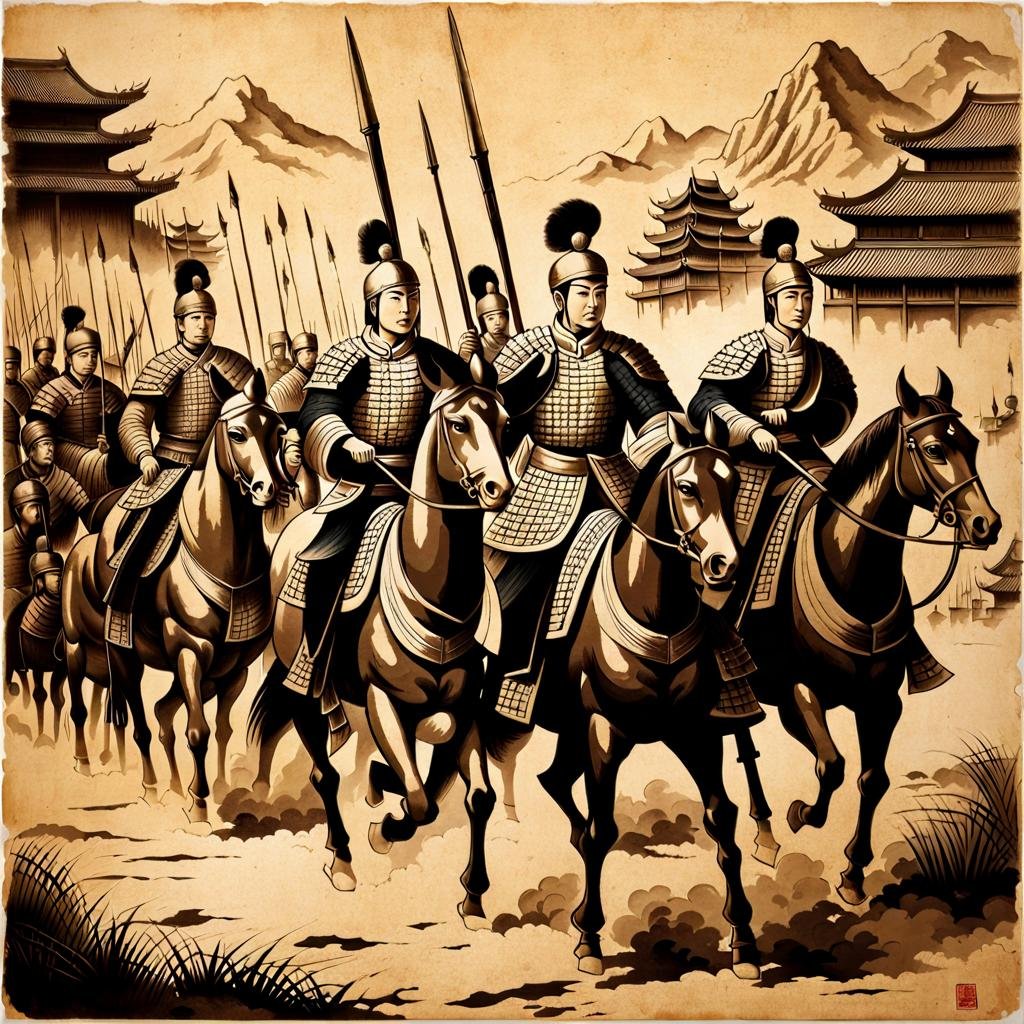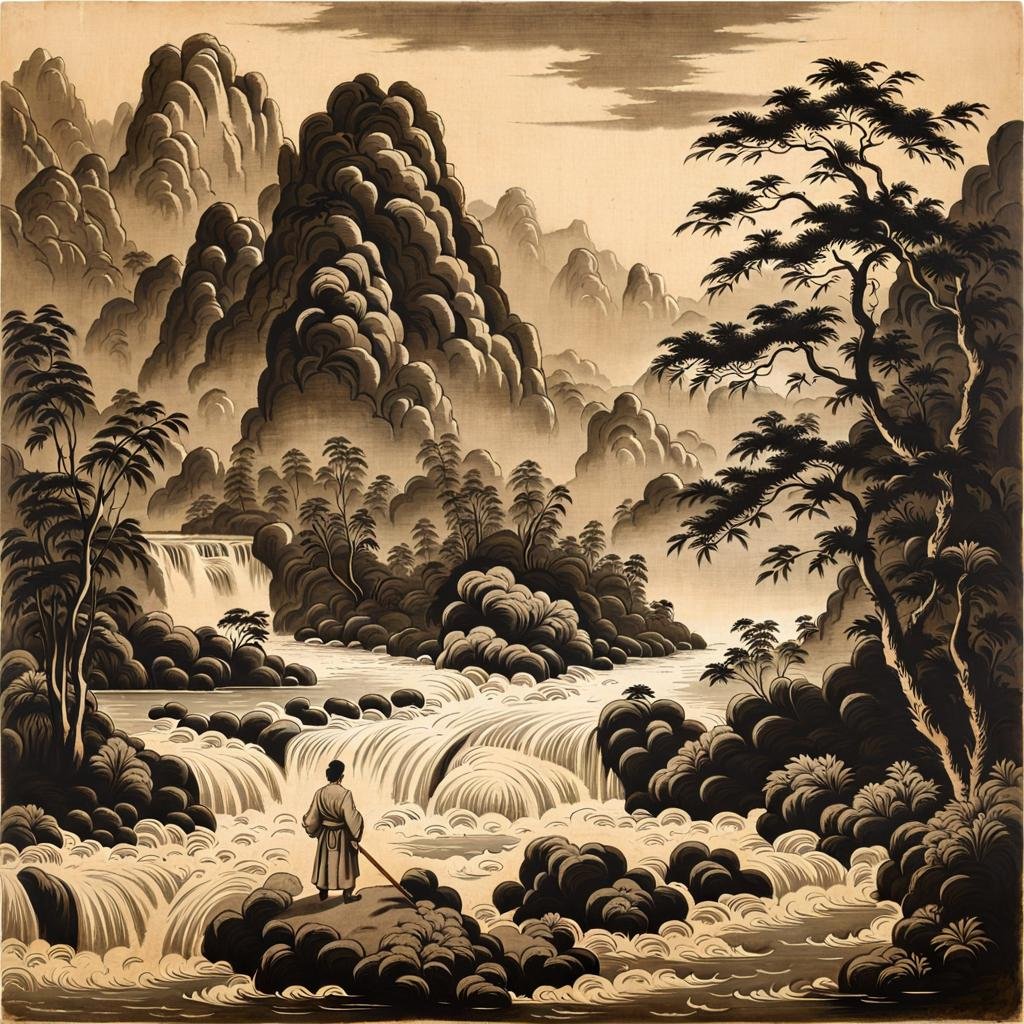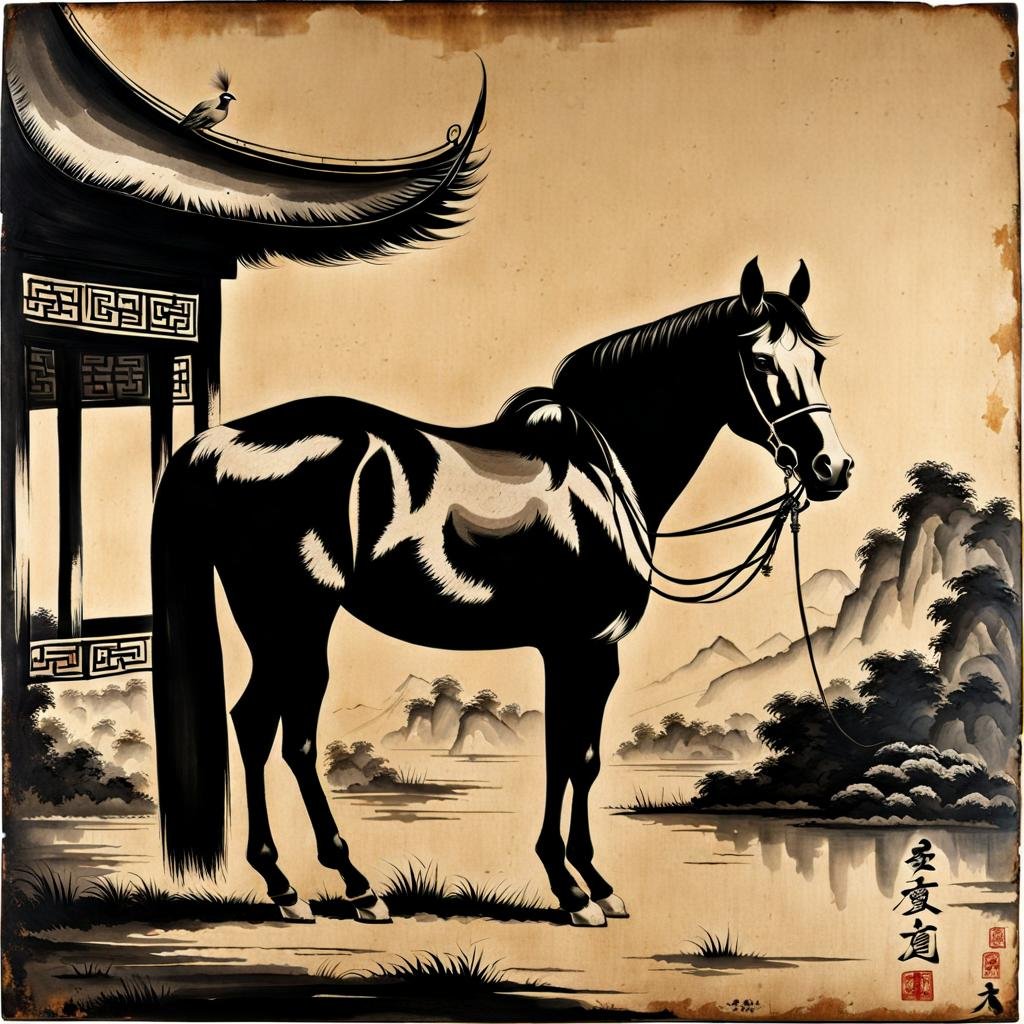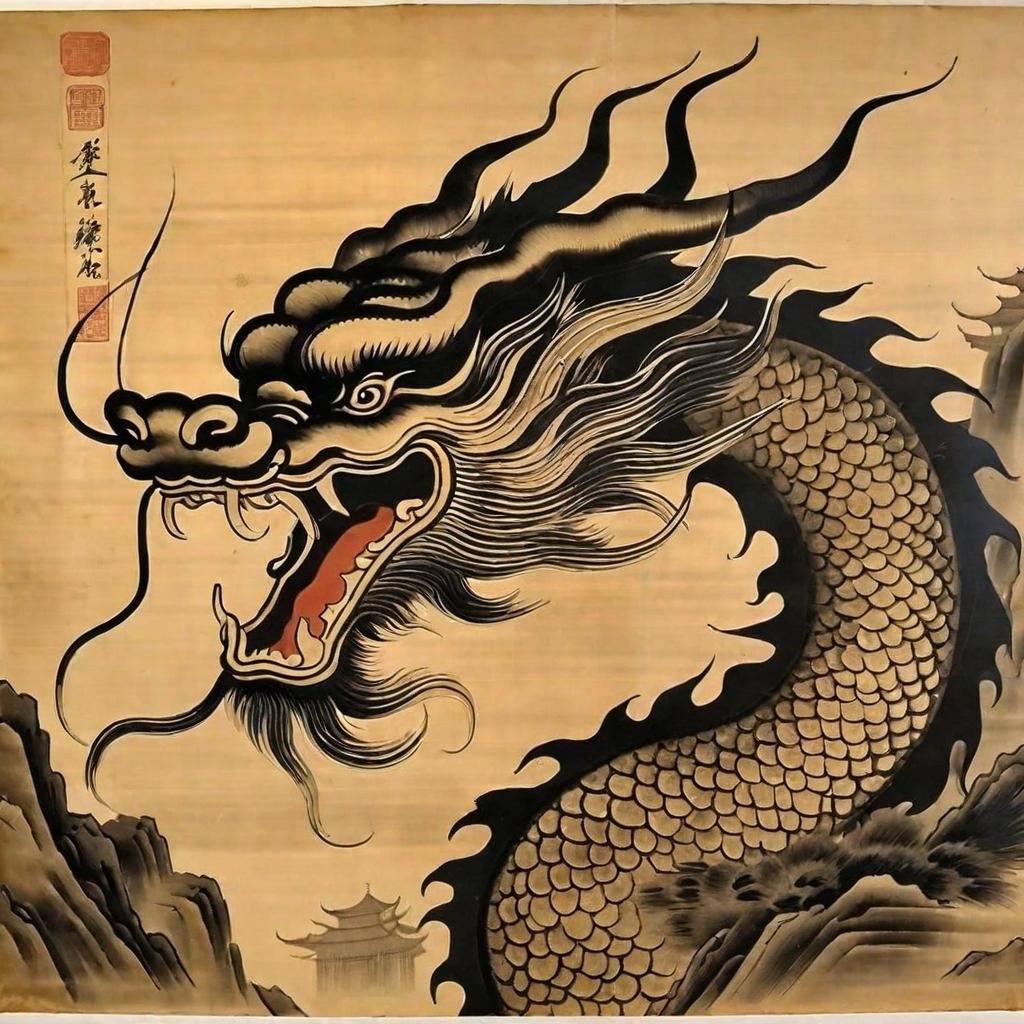
MEDITATIONS: I CHING; THE BOOK OF CHANGES, CANTO ELEVEN
There is no level without incline, no going without return; be diligent and steadfast, and there will be no fault. Do not worry; your sincerity will result in abundance of sustenance.
— I Ching

MEDITATIONS: I CHING; THE BOOK OF CHANGES, CANTO TEN
Able to see like one with impaired vision, able to walk like one who is lame, a person walks on a tiger’s tail and gets bitten.
— I Ching

MEDITATIONS: I CHING; THE BOOK OF CHANGES, CANTO NINE
Remember that complex things are composed of simple things. Approach the complex with an eye towards this fact. Recognize where you are over-extended and pull back to rectify the situation.
— I Ching

MEDITATIONS: I CHING; THE BOOK OF CHANGES, CANTO EIGHT
There is truthfulness filling a plain vessel; in the end there comes to be other good fortune.
— I Ching

MEDITATIONS: I CHING; THE BOOK OF CHANGES, CANTO SEVEN
Be wary of inept leaders and govern yourself according to your higher ideals.
— I Ching

MEDITATIONS: I CHING; THE BOOK OF CHANGES, CANTO SIX
Be on the lookout for any confrontations or disputes that arise. When they occur, end them quickly and with great resolve.
— I Ching

MEDITATIONS: I CHING; THE BOOK OF CHANGES, CANTO FIVE
Waiting on the sand, little is said; the end is auspicious.
Waiting in the mud brings on opposition.
— I Ching

MEDITATIONS: I CHING; THE BOOK OF CHANGES, CANTO FOUR
It is regrettable to be stuck in immaturity.
— I Ching

MEDITATIONS: I CHING; THE BOOK OF CHANGES, CANTO THREE
From difficulty there is great development; it is beneficial to be faithful. Do not try to go anywhere.
— I Ching

MEDITATIONS: I CHING; THE BOOK OF CHANGES, CANTO TWO
Creation and development through receptivity is beneficial if correct in the manner of a mare.
— I Ching

MEDITATIONS: I CHING; THE BOOK OF CHANGES, CANTO ONE
Working hard by day, cautious by night, even in danger there is no fault.
— I Ching

MEDITATIONS: SUN TZU’S THE ART OF WAR, CHAPTER THIRTEEN
Whether the object be to crush an army, to storm a city, or to assassinate an individual, it is always necessary to begin by finding out the names of the attendants, the aides-de-camp, and doorkeepers and sentries of the general in command. Our spies must be commissioned to ascertain these.
— Sun Tzu

MEDITATIONS: SUN TZU’S THE ART OF WAR, CHAPTER TWELVE
If it is to your advantage, make a forward move; if not, stay where you are. Anger may in time change to gladness; vexation may be succeeded by content. But a kingdom that has been destroyed can never come again into being; nor can the dead ever be brought back to life.
— Sun Tzu

MEDITATIONS: SUN TZU’S THE ART OF WAR, CHAPTER ELEVEN
Now the shuai-jan is a snake that is found in the Chung mountains. Strike at its head, and you will be attacked by its tail; strike at its tail, and you will be attacked by its head; strike at its middle, and you will be attacked by head and tail both.
— Sun Tzu

MEDITATIONS: SUN TZU’S THE ART OF WAR, CHAPTER TEN
If we know that the enemy is open to attack, and also know that our men are in a condition to attack, but are unaware the nature of the ground makes fighting impracticable, we have still gone only halfway towards victory.
— Sun Tzu

MEDITATIONS: SUN TZU’S THE ART OF WAR, CHAPTER NINE
Peace proposals unaccompanied by a sworn covenant indicate a plot.
— Sun Tzu

MEDITATIONS: SUN TZU’S THE ART OF WAR, CHAPTER EIGHT
There are roads which must not be followed, armies which must not be attacked, towns which must not be besieged, positions which must not be contested, commands of the sovereign which must not be obeyed.
— Sun Tzu

MEDITATIONS: SUN TZU’S THE ART OF WAR, CHAPTER SEVEN
The difficulty in tactical maneuvering consists in turning the devious into the direct, and misfortune into gain.
— Sun Tzu

MEDITATIONS: SUN TZU’S THE ART OF WAR, CHAPTER Six
Hence that general is skillful in attack whose opponent does not know what to defend; and he is skillful in defense whose opponent does not know what to attack.
— Sun Tzu

MEDITATIONS: SUN TZU’S THE ART OF WAR, CHAPTER FIVE
The quality of a decision is like a well-timed swoop of a falcon which enables it to strike and destroy its victim.
Therefore the good fighter will be terrible in his onset, and prompt in his decision.
— Sun Tzu